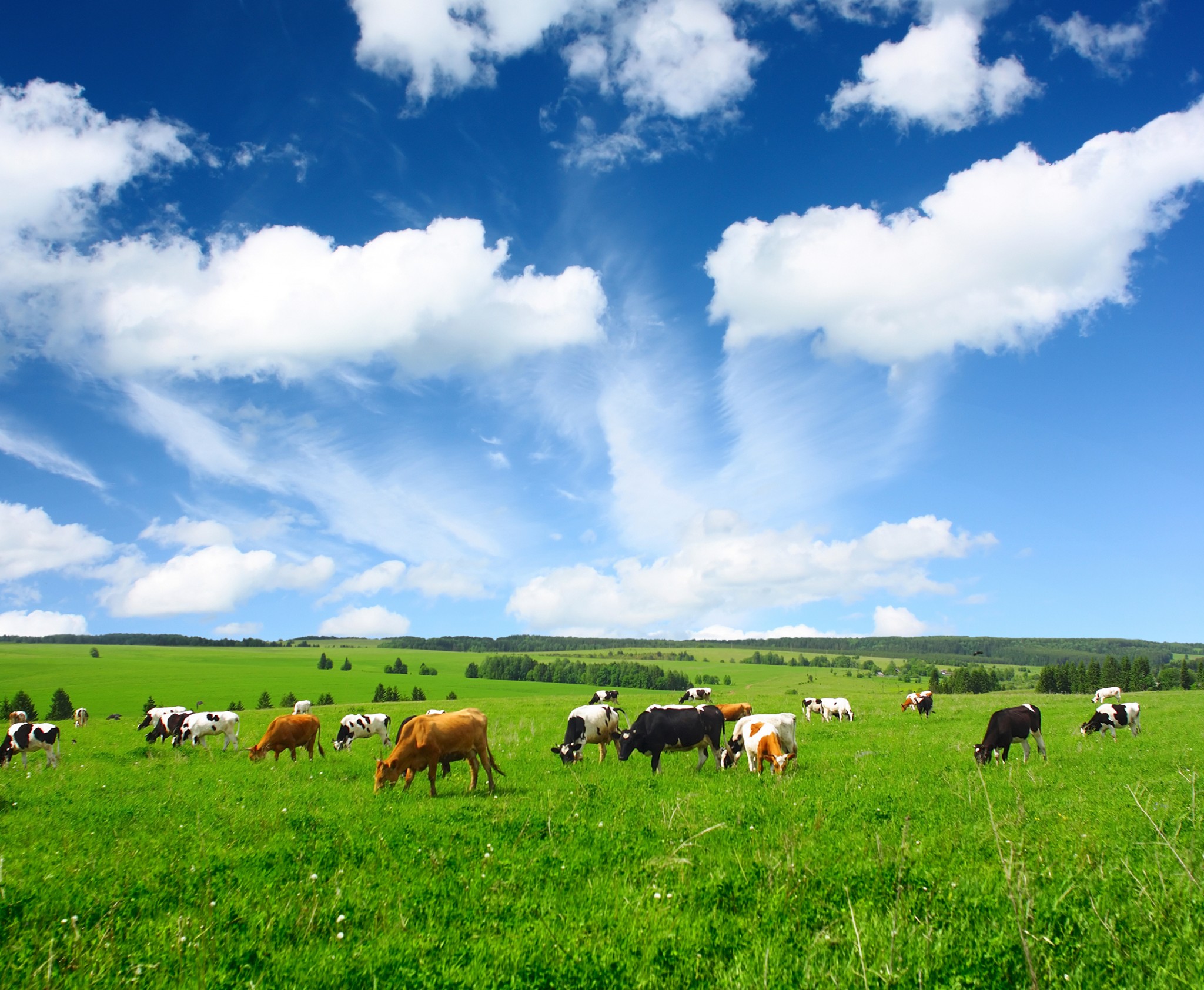Our Wednesday environment focus: Are you a meat avoider, eater or reducer?
On a scale of meat consumption, we can place the avoiders at one end, the eaters at the other, and the reducers in the middle because they are meatless for at least one day each week.
Where are we going with this? To some meat eating tradeoffs and the opportunity cost of eating less meat.
In a 2013 paper, researchers grouped the different kinds of meat eaters to illustrate how their meat consumption could be diminished. Their concern was the massive impact of human-related livestock activity on the environment. One estimate indicates we are looking at 9% of our CO2 generation, 65% of the nitrous oxide we produce (mostly from manure) and 37% of the methane (from a lot of cow burps).
I thought the paper’s list of our food priorities was interesting:

According to one estimate, if we were to diminish the above “foodprint” by eliminating meat consumption, we could lower CO2, nitrous oxide and methane emissions by close to 20% by 2050.
Our bottom line? We need to ask the cost. How are we affecting the livelihood of the 1.3 billion people whose incomes relate to livestock? What would it mean to eradicate the need for the livestock that occupy 30% of the earth’s land surface and represent 20% of our land-based animal biomass. And, how will the people in emerging market economies respond? Looking at a ladder of development, meat eating accompanies the ascent to wealth and better nutrition.
You see where this is going. I know we are not going to eliminate meat consumption but how much should we try? Completing this opportunity cost chart could help us with an answer:

It would be a pleasure to hear your opinion in a comment.
Opportunity Cost & The Meat Eater's Dilemma

Elaine Schwartz
Elaine Schwartz has spent her career sharing the interesting side of economics. At the Kent Place School in Summit New Jersey, she was honored with an Endowed Chair in Economics. Just published, her newest book, Degree in a Book: Economics (Arcturus 2023), gives readers a lighthearted look at what definitely is not “the dismal science.” She has also written and updated Econ 101 ½ (Avon Books/Harper Collins 1995) and Economics: Our American Economy (Addison Wesley 1994). In addition, Elaine has articles in the Encyclopedia of New Jersey (Rutgers University Press) and was a featured teacher in the Annenberg/CPB video project “The Economics Classroom.” Beyond the classroom, she has presented Econ 101 ½ talks and led workshops for the Foundation for Teaching Economics, the National Council on Economic Education and for the Concord Coalition. Online for more than a decade. econlife has had one million+ visits.





